FORWARD OPERATING BASE WARRIOR, KIRKUK, Iraq-Threats in Iraq come from more than just improvised explosive devices. Snakes, spiders, E. coli and various other unpleasant realities are also what Soldiers must contend with while in Iraq.
Detecting and preventing health-related non-combat injuries is an essential element of force protection. On Forward Operating Base Warrior, Kirkuk, Iraq, and other bases in the region, the job is handled by Army preventive medicine specialists.
2nd Lt. Richard Miller, a Charleston, S.C., native with Company C, 15th Brigade Support Battalion, 2nd Brigade Combat Team, 1st Cavalry Division, and his team of three Soldiers inspect hazardous areas, test water for bacteria, trap rodents, spray pesticides, and monitor an assortment of food preparation facilities to ensure the health and well-being of Soldiers.
"I enjoy it because it is constantly different," said Spc. Jeffrey Davis, a Springfield, Mo., native with the preventive medicine team.
Davis and the team go to seven different military installations in Kirkuk province every month to ensure Soldiers live in healthy conditions.
"We are constantly checking to prevent Soldiers from being 'out of the game,'" explained Davis. "You see something that might be a hazard and you make a recommendation before anyone gets injured."
"A lot of what we do is...preserving the fighting force and protecting against disease and non-battle injuries," said Miller. And according to him, some of the deadliest threats come from one of nature's most consumable sources: water.
Contaminated water can contain a host of bacteria that cause Botulism, Cholera, E. coli, dysentery and many other illnesses.
According to Miller, water samples from different locations around the bases are tested every few weeks to ensure they are free of bacteria. If a sample does come back positive for bacteria, the team analyzes the storage conditions and ensures it is brought to standard.
"It's a headache, but we take care of it," said Davis.
"People are very receptive because, obviously, they don't want anything wrong with their water," he said.
"We have prevented a few things at least," said Miller referring to microscopic bacteria found in water supplies.
Davis and his Soldiers have also gained invaluable experience while being deployed.
"It has been a learning experience," said Davis. "We have had to teach ourselves everything."
What he also learned was his job easily transitions into the civilian world.
"This job offers about 13 different qualifications," said Davis.
And for Miller, who used to be a teacher at a private school, the job presents unique scientific possibilities.
This job lets him be both a scientist and Soldier, he said. "It fulfills my scientific curiosity."
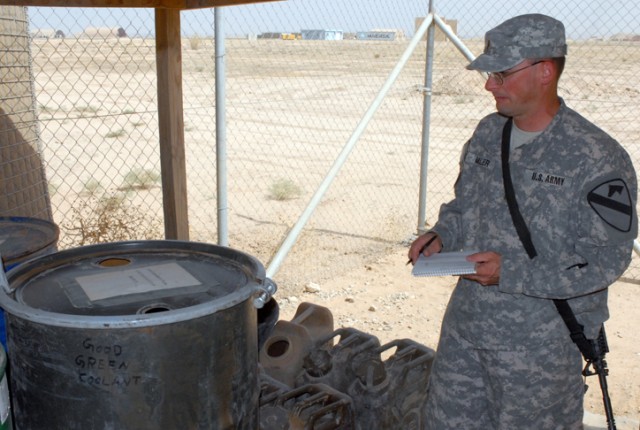
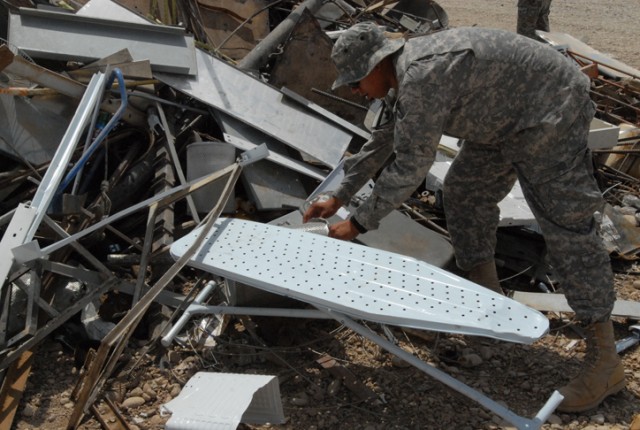
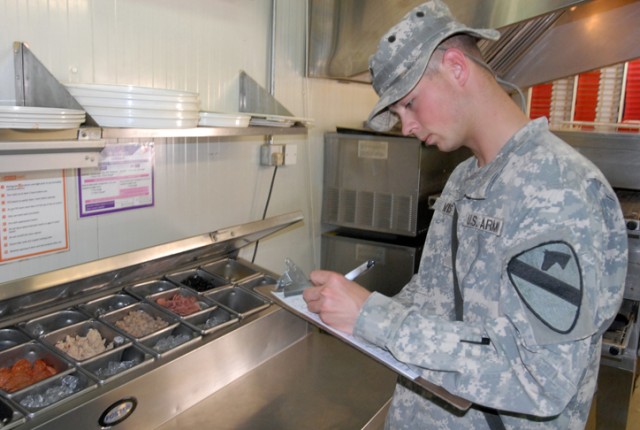
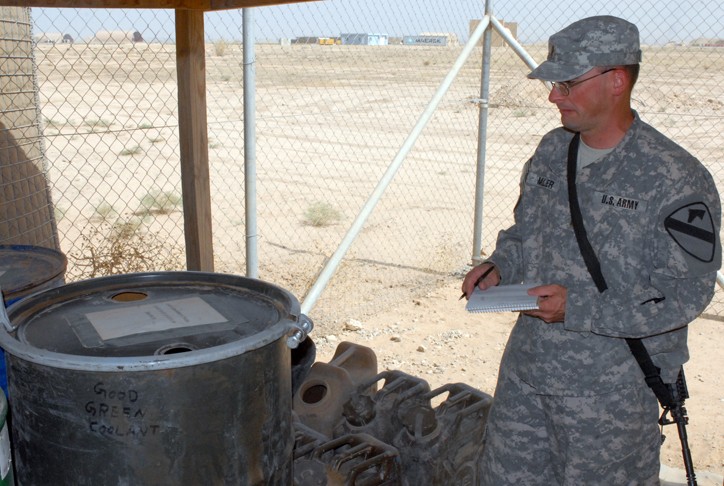
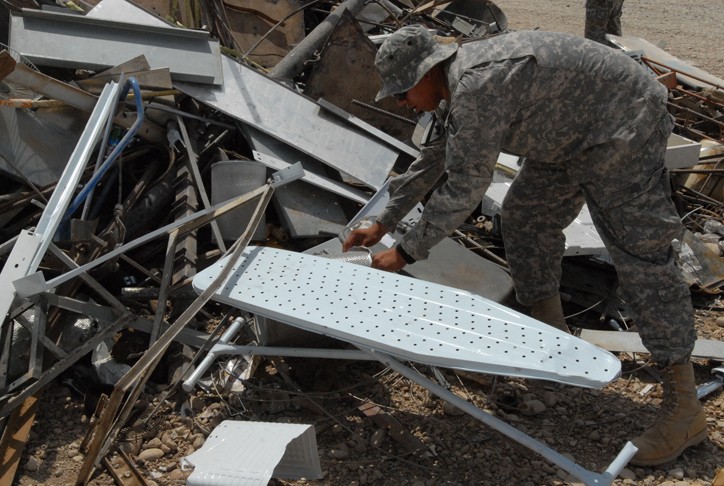
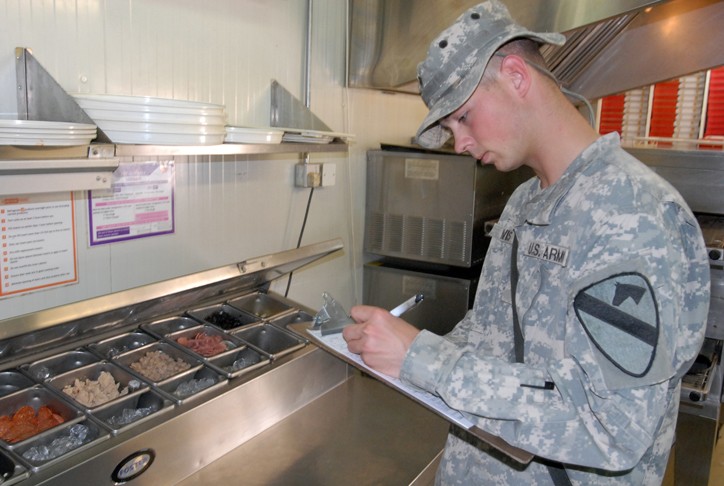
Social Sharing